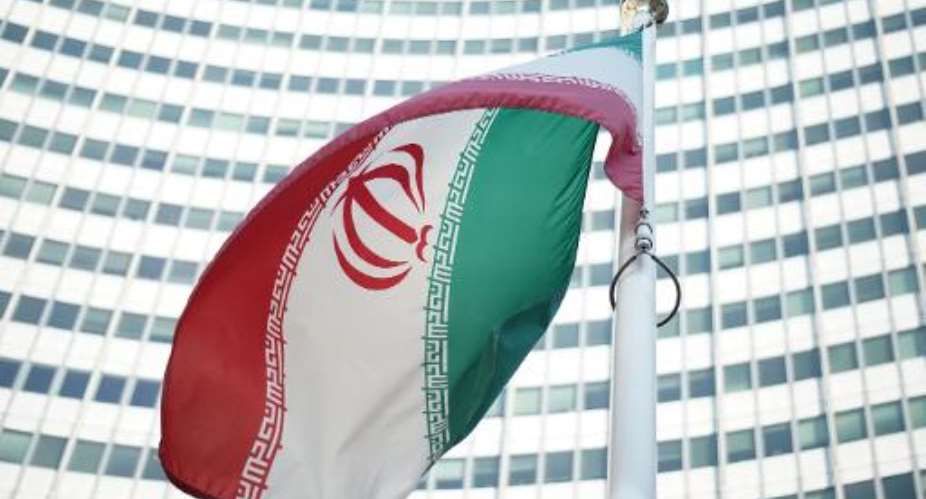Khartoum (AFP) - Iran's main cultural centre in the Sudanese capital was padlocked on Sunday, an AFP correspondent reported, and officials said the decision was final.
The Iranian flag still flew above the building on one of Khartoum's main roads across from the airport.
But an AFP reporter found the gate padlocked and no sign of anybody inside.
Tehran last week denied the centre and others had been shut on orders by Khartoum, despite generally close relations between the two countries.
A Sudanese official, speaking on condition of anonymity, said Thursday that the centres would close their doors by Sunday.
Sudan's foreign ministry told the centres to stop work and ordered their Iranian staff to leave the country.
"The decision to close the Iranian cultural centre is final and there will be no retreat from that," foreign ministry spokesman Yousif Al-Kourdafani said, quoted Sunday by the official SUNA news agency.
Sudan said it acted in response to the centres' spreading of Shiite Islam, Iran's majority faith.
Sudan is overwhelmingly Sunni.
A Sudanese analyst told AFP the move by Khartoum might be in response to pressure from Riyadh, which further isolated the indebted and sanctions-hit Sudanese economy earlier this year by denying access to major Saudi Arabian banks.
Iranian warships have periodically made stops in Port Sudan, across the Red Sea from Iran's regional rival Saudi Arabia.
The 25-year-old regime of President Omar al-Bashir relies on a base of support that is essentially the same as the Muslim Brotherhood, which Saudi Arabia has declared a "terrorist" organisation.
The group is also banned in many Gulf Arab countries.
Newspaper columnist Abdalla Rizig Abu Simazeh said Sudan will expect the Gulf Arab countries to reward its action against the Iranians.
But closing the cultural centres will not have much effect on broader Sudanese-Iranian ties and so "will probably minimise its impact in restoring Sudan's relations with the Arab Gulf countries and Egypt", Simazeh wrote in Sunday's The Citizen.





 This IMANI job no dey pap; the people you are fighting for are always fighting y...
This IMANI job no dey pap; the people you are fighting for are always fighting y...
 Prof. Naana Opoku-Agyemang has changed; you can see a certain sense of urgency –...
Prof. Naana Opoku-Agyemang has changed; you can see a certain sense of urgency –...
 MFWA Executive Director slams Akoma FM for engaging in ‘irresponsible’ media pra...
MFWA Executive Director slams Akoma FM for engaging in ‘irresponsible’ media pra...
 ‘Women must become millionaires too’ — Prof Jane Naana on establishment of Women...
‘Women must become millionaires too’ — Prof Jane Naana on establishment of Women...
 Some believe only in Ghanaian votes, not Ghana — Kofi Asare jabs politicians
Some believe only in Ghanaian votes, not Ghana — Kofi Asare jabs politicians
 Plan to make BEST sole aggregator of Sentuo Oil Refinery will create market chal...
Plan to make BEST sole aggregator of Sentuo Oil Refinery will create market chal...
 2024 elections: I can't have the man I removed from office as my successor — Aku...
2024 elections: I can't have the man I removed from office as my successor — Aku...
 2024 Elections: Immediate-past NPP Germany Branch Chairman garners massive votes...
2024 Elections: Immediate-past NPP Germany Branch Chairman garners massive votes...
 Gov’t focused on making Ghana energy self-sufficient, eco-friendly – Akufo-Addo
Gov’t focused on making Ghana energy self-sufficient, eco-friendly – Akufo-Addo
 April 25: Cedi sells at GHS13.74 to $1, GHS13.14 on BoG interbank
April 25: Cedi sells at GHS13.74 to $1, GHS13.14 on BoG interbank
